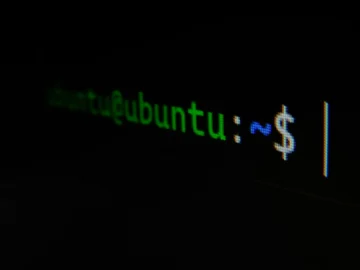The Maltese government is working to create a legal framework that supports ethical hacking practices, Prime Minister Robert Abela announced.
Speaking on One Radio, Abela said the Cabinet will discuss a policy document to be drafted by the Malta Digital and Innovation Authority (MDIA). The document, which will be open for public consultation, aims to protect white hat hackers – those who identify and report security vulnerabilities to improve computer systems.
Maltese Legal Restructuring Prompted By Recent Incident
The proposed changes come in the wake of criminal charges filed against three University of Malta computer science students and their lecturer who discovered flaws in FreeHour, Malta’s largest student application, two years ago.
The students, along with their lecturer, were accused of hacking, despite their actions seeming to be in good faith and motivated by a desire to improve the system’s security. The Kunsill Studenti Universitarji (KSU), the university’s student council, had earlier called for “urgent legislative reform” to define and protect ethical hacking. The students and lecturer were charged by police despite disclosing the issues to FreeHour.
“This situation poses a serious threat to the educational process, which is essential for training students to use their computer-related skills and knowledge for the benefit of both the community and the organizations they serve,” national trade union federation Forum Unions Maltin said in a statement.
In response to the charges as well as criminal proceeding set for 2025, the University stated:
“These students are yet to begin their professional careers. Rather than being encouraged and properly trained as future cybersecurity experts, they are being subjected to criminal prosecution, creating unnecessary hardship at such a critical point in their studies. The state’s involvement in this case only adds to the hostility faced by these young professionals, who are merely trying to develop vital skills and knowledge in cybersecurity—a field crucial for community and organizational security.”
The University of Malta Academic Staff Association also backed the lecturer, stating he acted “with academic integrity and in accordance with procedure.”
The proposed policy, which will be available for public consultation, will introduce clear guidelines to distinguish between malicious and well-intentioned hackers, often referred to as white hat hackers.
“The government is committed to fostering a safer digital environment,” Abela emphasized. He said the upcoming budget will outline a 10-year vision for Malta, including plans for the country’s population, infrastructure, healthcare, transport, pensions and education.
The student platform FreeHour, where the vulnerability had been discovered, had stated, “Almost two years on, FreeHour remains committed towards finding a more agreeable and positive ending to this incident.”
FreeHour also acknowledged the “urgent, genuine need for more modern laws and guidelines surrounding cybersecurity practices.
Budget Structured Towards Digital Future
The government’s vision for the next ten years, outlined in this year’s budget, focuses on attracting higher-value investment that is less labor-intensive, reducing the country’s reliance on foreign workers. The budget will also prioritize the development of key sectors such as education, healthcare, transport, and energy infrastructure. The prime minister emphasized the need to be selective in the investments the country accepts, prioritizing those that create high-skilled jobs with good wages.
The prime minister also called on Labour delegates to support the candidacies of Ian Borg and Alex Agius Saliba as deputy leaders, stressing the importance of renewal within the party while in government. The proposed changes aim to create a more efficient economy and improved governance, aligning with the government’s vision for Malta’s future.



